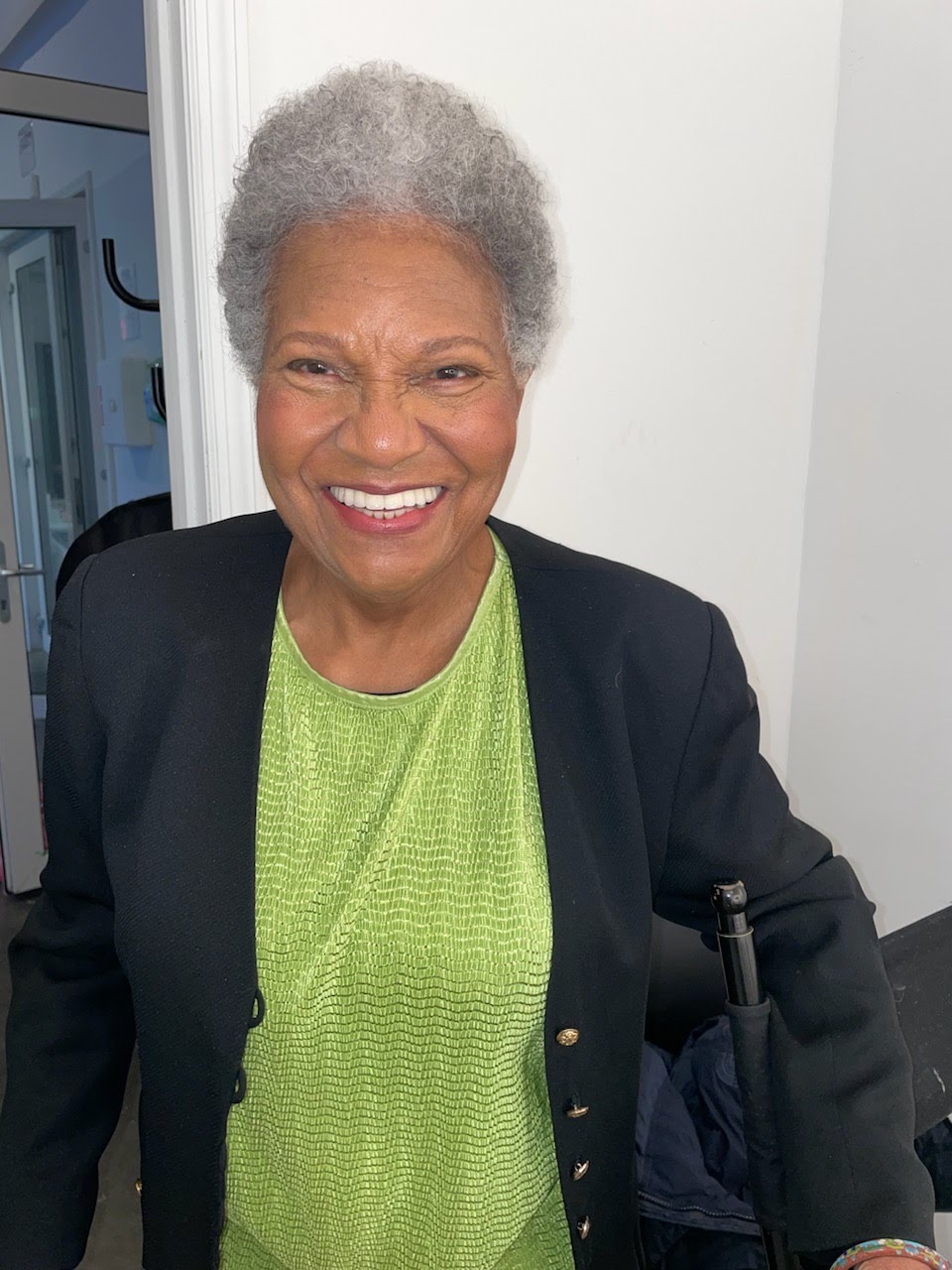The most elite group of Real Estate Professionals
Member Profile: Harriet Robertson, Brooklyn, NY
Contact Information

Harriet Robertson
BROOKLYNNYBPO LLC
276 Jamaica AveBrooklyn, NY 11207
Kings COUNTY
Office: 917-952-7364
Cell: 917-952-7364
Email: harriet.a.robertson@brooklynnybpo.com
Website:
http://www.brooklynnybpo.com
Loading
Get directions
BROOKLYNNYBPO LLC
276 Jamaica Ave
Brooklyn, NY 11207
Office: 917-952-7364
Email: harriet.a.robertson@brooklynnybpo.com
276 Jamaica Ave
Brooklyn, NY 11207
Office: 917-952-7364
Email: harriet.a.robertson@brooklynnybpo.com
NRBA Designations

Broker Designations
- CDPE,Certified Distressed Property Expert
More Information
Ownereollc, Fidelity, Reoworld, Landamerica, Homeq
Services Offered
-Notice to Vacate
-Relocation assistance
-Eviction Process
-Secure Property/Re-Key -Secure Property/Re-Key
-Establish Utilities ( when possible)
-Trash Out/Haul Away/debris removal
-Repair Estimates/Contractors
-Weekly Property Inspections
-Established Vendors
-Supervise Repairs
-Cash Flow to Cover Bills
-Aggressively Market Property
-Open Houses
-Broker Tours
-Color Flyers
-Virtual Tours
-Multiple Web Sites to Market Property
-Monthly Meeting to update work logs
-Dedicated Buyer's Agent's
-Relocation assistance
-Eviction Process
-Secure Property/Re-Key -Secure Property/Re-Key
-Establish Utilities ( when possible)
-Trash Out/Haul Away/debris removal
-Repair Estimates/Contractors
-Weekly Property Inspections
-Established Vendors
-Supervise Repairs
-Cash Flow to Cover Bills
-Aggressively Market Property
-Open Houses
-Broker Tours
-Color Flyers
-Virtual Tours
-Multiple Web Sites to Market Property
-Monthly Meeting to update work logs
-Dedicated Buyer's Agent's
Coverage Area
Coverage areas:
Brooklyn Kings County
Bronx Bronx County
Manhattan New York County
Queens Queens County
Staten Island Richmond County
Brooklyn Kings County
Bronx Bronx County
Manhattan New York County
Queens Queens County
Staten Island Richmond County
Technology
Res.net
Equator
Pyramid
Riogenesis
Equator
Pyramid
Riogenesis



